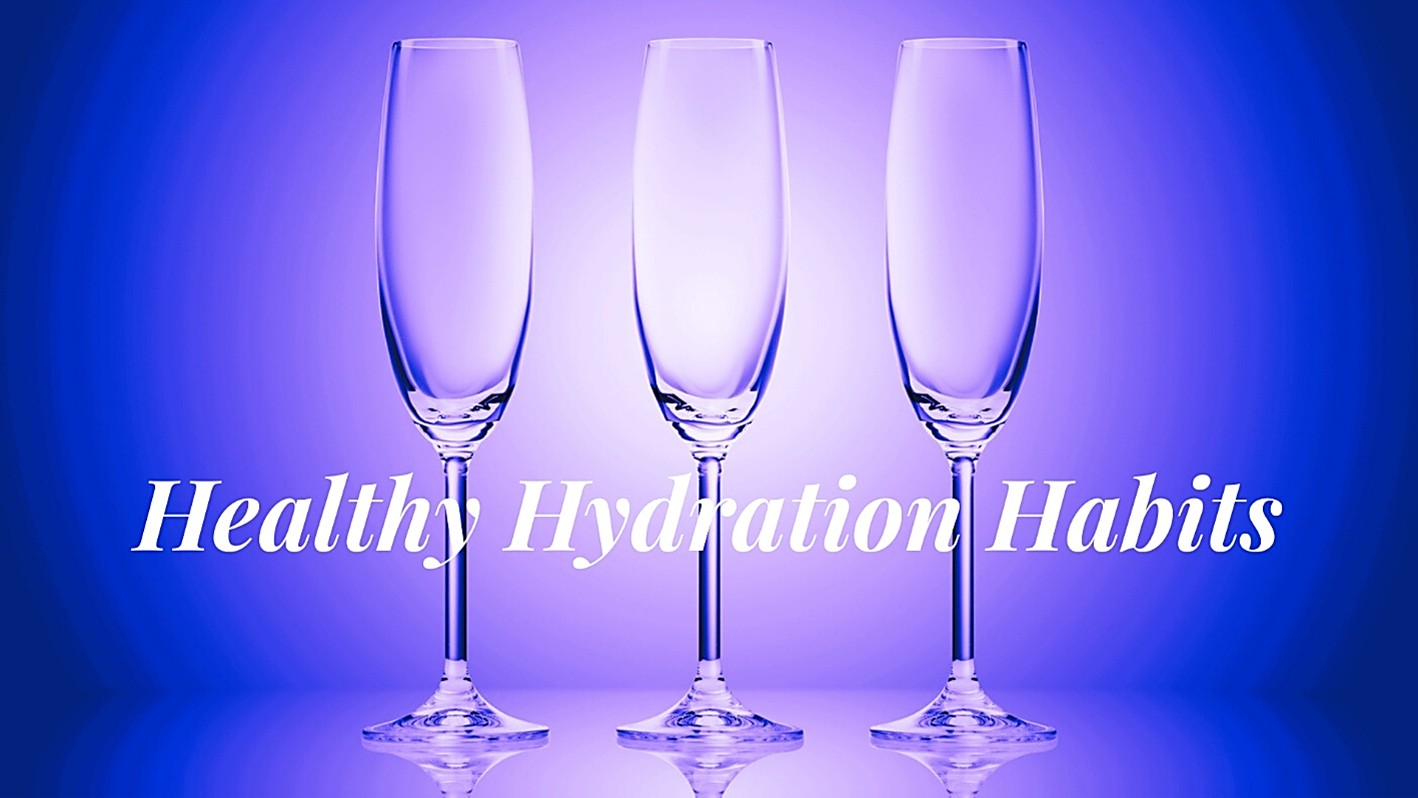
by Fern Shaw | Jan 13, 2026 | Water, water cooler, Water Coolers
Just like that, the festive lights are packed away, the last mince pie crumbs have mysteriously disappeared and we’re easing ourselves into another brand-new year. December often feels like a blur of celebrations, cosy moments and perhaps one too many helpings of everything – but we wouldn’t have it any other way. From catchups with friends and family to those quiet, in-between days where time seems to slow down, the festive season has a habit of leaving us both content and slightly disoriented.
We hope you had a joyful festive season, full of laughter, rest and maybe even a little mischief. And we have to ask … did anyone actually decorate their water cooler? We like to imagine a few tinsel-wrapped taps, a stray string of fairy lights and perhaps even the occasional Santa hat making a surprise appearance in the office or kitchen. After all, if you’re going to hydrate, you might as well do it in style.
As we step into brand spanking new year, filled with purpose, clarity, vision and healthy hydration habits, there’s a quiet sense of excitement in the air and, hopefully, a renewed commitment to looking after ourselves. January doesn’t have to be about drastic changes or unrealistic resolutions. Sometimes it’s simply about resetting, refocusing and choosing to do the small things a little better.
This year, how about we focus on creating small habits that make a big difference. Taking a moment to pause during a busy day. Remembering to refill your water glass before it’s empty. Choosing progress over perfection and feeling good about the direction we’re heading in, even if it’s one sip at a time. However you prefer to refresh your drinking water – hot, cold or ambient, remember, you’ll find the perfect solution among AquAid’s range of high-quality water dispensers.
There’s something refreshing about a new year – a chance to bring intention into our routines and clarity into our goals, while keeping things light-hearted and achievable. Healthy routines don’t have to be complicated; often, they start with the simplest choices.
Here’s to a year of clear minds, steady momentum and well-hydrated days ahead. We’re looking forward to every moment of it – and we’re glad you’re coming along for the journey.
Cheers to the year ahead!
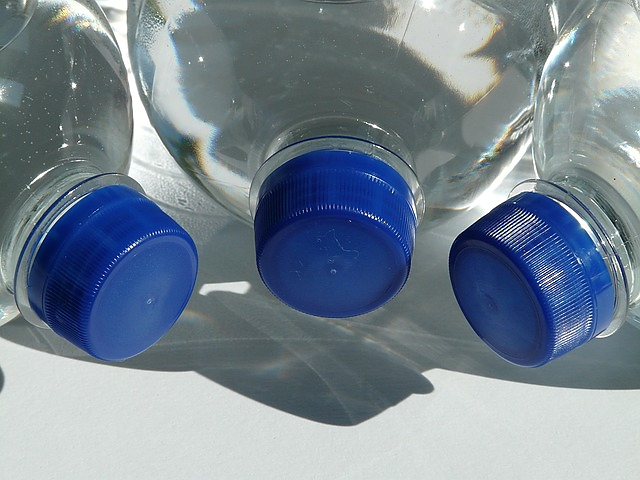
by Fern Shaw | Jan 25, 2017 | Health and Hydration, Water
I know we keep on at you, dear hallowed visitor of the blog, about how important it is to keep hydrated and it can get a bit much, but, here’s the thing – it IS important. As in possibly the most important thing that keeps your wonderful self alive and operational, not to mention functioning, lucid, thinking, your organs doing what they need to do, your skin all plumped up and your eyes shiny berry clear.
Here are some fast facts just to give you an indication of how true my mention of your organs needing water to function is:
- Your brain is 75% water.
- Blood is 92% water.
- Your bones are 22% water.
- Your muscles (or musskills as my family call them) are 75% water.
See? I wasn’t kidding when I said how crucial keeping hydrated is!
Adverse effects from not drinking enough water include digestive, skin, bladder and kidney problems, fatigue, and even headaches. We need water as much as the air we breathe in! Keeping your body hydrated is not a joke.
Did you know that dehydration actually sets in just before you start feeling thirsty? Sipping water throughout the day is the best way to handle it. Always have a bottle or a glass of water handy. If you’re not a morning person, having two glasses of water right after you wake up will boost up your blood pressure to normal levels, and it’s way healthier than having your first coffee on an empty stomach. This I can personally attest to – I’m the antithesis of a morning person, but I started with 2 glasses of warm-ish water in the mornings when I wake up and I’ve stuck with it. I’ve since noticed a marked difference in my energy levels – not huge – but marked, if I don’t start the day drinking water.
Many of us believe that merely drinking fluids like sweetened juices, cool drinks or tea will hydrate you as well as water does. This is not true. It’s actually the opposite. To deal with the excess sugar and salt you are taking in your body wastes immense amounts of precious water just to clean it out from your system. And if you love your coffee, make sure to drink one extra glass of water for every cup you have.
Drinking water regularly speeds up your metabolism and makes you feel more ‘full’. You will eat less once you start drinking more! It’s the safest and healthiest way to lose weight. Drink up!
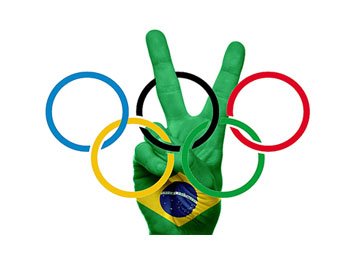
by Fern Shaw | Aug 22, 2016 | Water Coolers
We all remember the phantasmagorical 2012 Olympics held in the U.K. which, according to all reports, was a resounding success and now, four years later, we’re in the thick of things with the Let’s Go Rio Olympics.
And when I say the thick of things, I mean it, from broken limbs to athletes been sent home through to let’s just call it; men behaving badly pre- and post-events and then being called out about it. The temperatures are rising and it’s not just due to the weather!
On a more positive note, Rio 2016 is officially Great Britain’s best overseas Olympics after they surpassed not only the Beijing tally of 47 medals, but their own 2012 Olympics with 65 medals, by winning a total of an impressive 67 medals to date. Well done, Team GB!
There are so many considerations to be taken into account during the games, and not least, the athletes (indeed everyone involved) keeping themselves in tip top condition and ensuring that they keep themselves adequately hydrated.
Sports hydration, understandably, is quite different to the average person’s hydration requirements, so this will have been taken into account during this year’s Games, including factors such as the temperatures in Rio, despite it being winter in Brazil at the time of these Summer Olympics.
AquAid played a big part at the 2012 Olympics by ensuring that there was always water at and around the Olympic sites, whether it was for the spectators, the vendors, or the village itself. We can’t say that AquAid were present in Rio providing water and water coolers to all attending the Games, but we were definitely with Team GB in spirit and would like to extend a very sincere congratulation to Team GB for doing the UK proud!
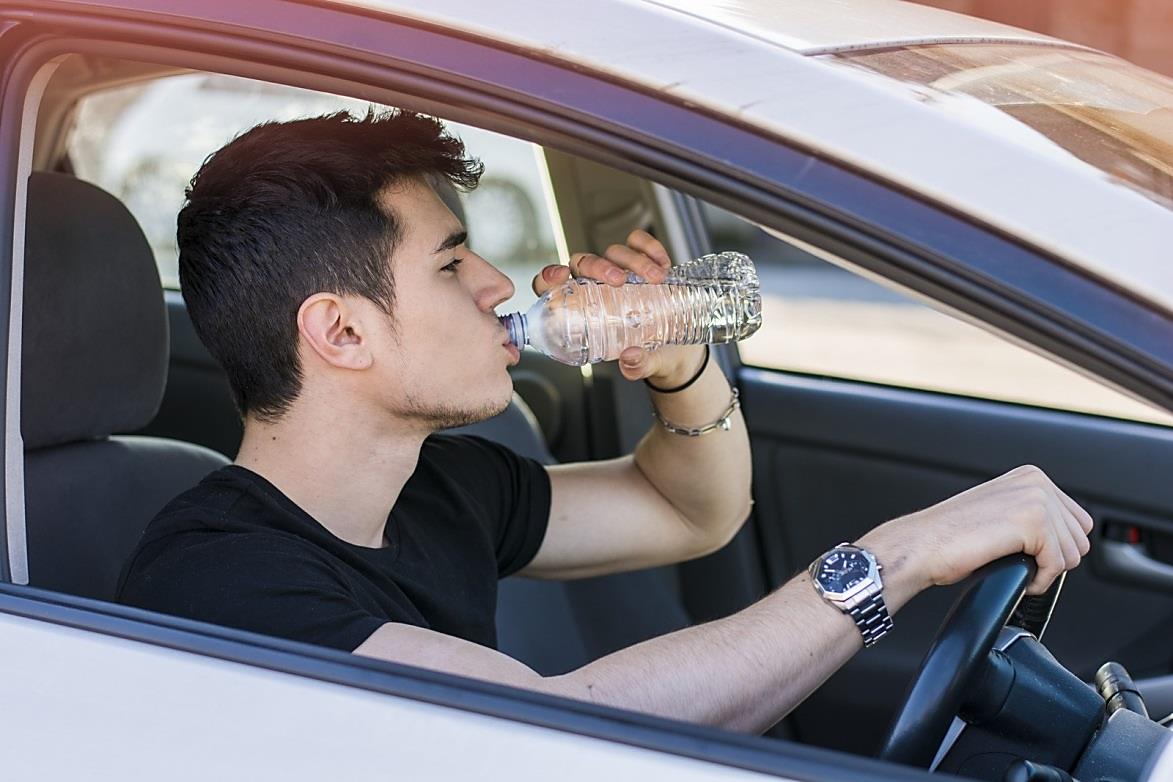
by Fern Shaw | Mar 11, 2016 | Health and Hydration
As I’m typing this, I’m literally looking (through?) a glass of water waiting for inspiration to strike.
Rather funny, that, considering what the topic of this blog’s about. Have you guessed yet?
*eyes slide back to the glass of water*
*ponder* *ruminate*
*again, eyes go back to the glass of water*
Did you guess? Did you? Did you? Perhaps the title gave it away?
I like the fact that some ways down the line speaking about the benefits of drinking water (and believe you me, when you drink water from one of our water products, the benefits are manifold), I continue to learn something new. Isn’t that marvellous? I happen to think it is!
As an example, whereas I’ve covered the length and breadth and depth of hydration; hydration vs. dehydration; how much water to drink; when to drink it; where to drink it; hydration for children; hydration for adult type people; hydration for our elders; etcetera, etcetera. and aside from a mention involving a possible karmic slight accident when driving, I’ve never really been aware or made mention about how vitally important it is that a person driving a car, lorry, any road use vehicle, needs to be sufficiently hydrated in order to operate a vehicle safely.
A driver being hydrated is a thing? Surely not!
Yes, absolutely, driver hydration is a thing. It’s such a thing that there have been definitive studies conducted that establish how vitally important it is for road users to ensure that they keep hydrated while driving.
Why is this?
- Well, as an example, results from these studies have shown that dehydration can occur as easily as having a 1% drop in ydration levels.
- It’s also been proven that a dehydrated driver’s abilities can be as impaired as that of a drunk driver, which in itself is pretty frightening.
- Moreover, the research found that mildly dehydrated drivers are almost twice as likely to make errors on the road when compared with well-hydrated drivers, with dehydrated drivers being more likely to both swerve between lanes and brake late, two of the key causes of vehicle accidents.
As always when I’m learning something, I find information like this fascinating. I’m now more aware of my responsibilities when driving and hopefully, after having read this, now you know too. So, drink up and make sure that your next road trip is a happy and hydrated one, keeping yourself and other road users safe on our roads.
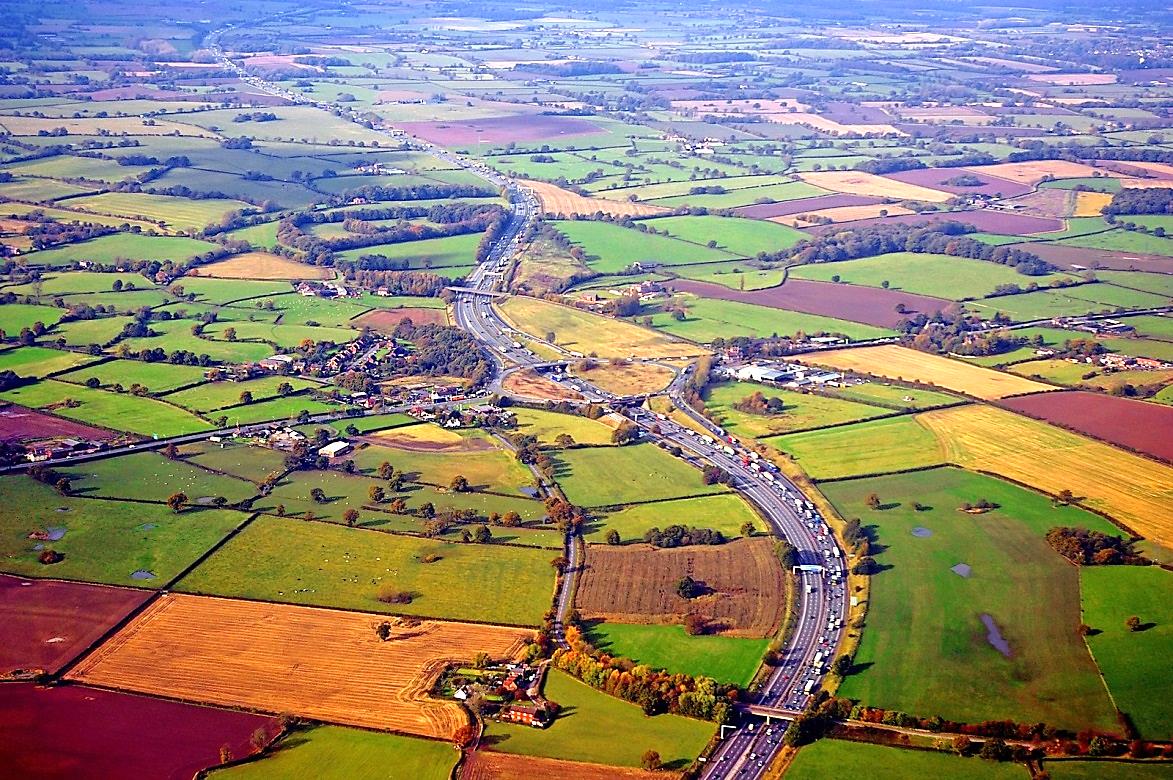
by Fern Shaw | Feb 29, 2016 | Health and Hydration
Two weeks ago I was blathering on about how simple it is to effectively reduce vehicle incidents on the road by instituting driving hydration (and no, this doesn’t mean hydration through drinking your favourite alcoholic tipple and then roaring off down the M1). I tacked the article onto the AquAid FB page and was interested to see the great response it received.
I suppose there are a lot (as in millions, not thousands) of us little humanoids that may take their water hydration very seriously, but there’s perhaps one area where we fall short, and that’s when we get on the road and a driving we will go.
There’s always talk about making sure you’ve had enough rest when you’re about to embark on a road trip or that you’ve eaten well (so you don’t faint while driving and so that your body has sufficient fuel (aha!) for the trip); we do carry on (rightly so) that you shouldn’t be drinking the devil drink before or during driving, but on occasion it seems, we don’t attach enough importance to a very simple solution that will keep most of us bright eyed and bushy tailed whilst travelling and that solution *drumrollllll* is making sure that we’re sufficiently hydrated when driving.
The results from a variety of studies have borne this information out to be true. If you drink sufficient water (alongside with all the other recommendations – sufficient rest, sufficient food, not taking any medication that’ll make you drowsy [so, yes, that cold flu stuff you’re glugging back is a definite NO]) you will be safer (and consequently will keep other road users safer) while driving.
So perhaps this trend is not so much a trend (we hope) but just a rather simple and clever way, borne out by research, to keep you and other road users (we salute you all, those that drive for a living) alert and focused while you criss cross the length and breadth of the country, happily driving and hydrated.





